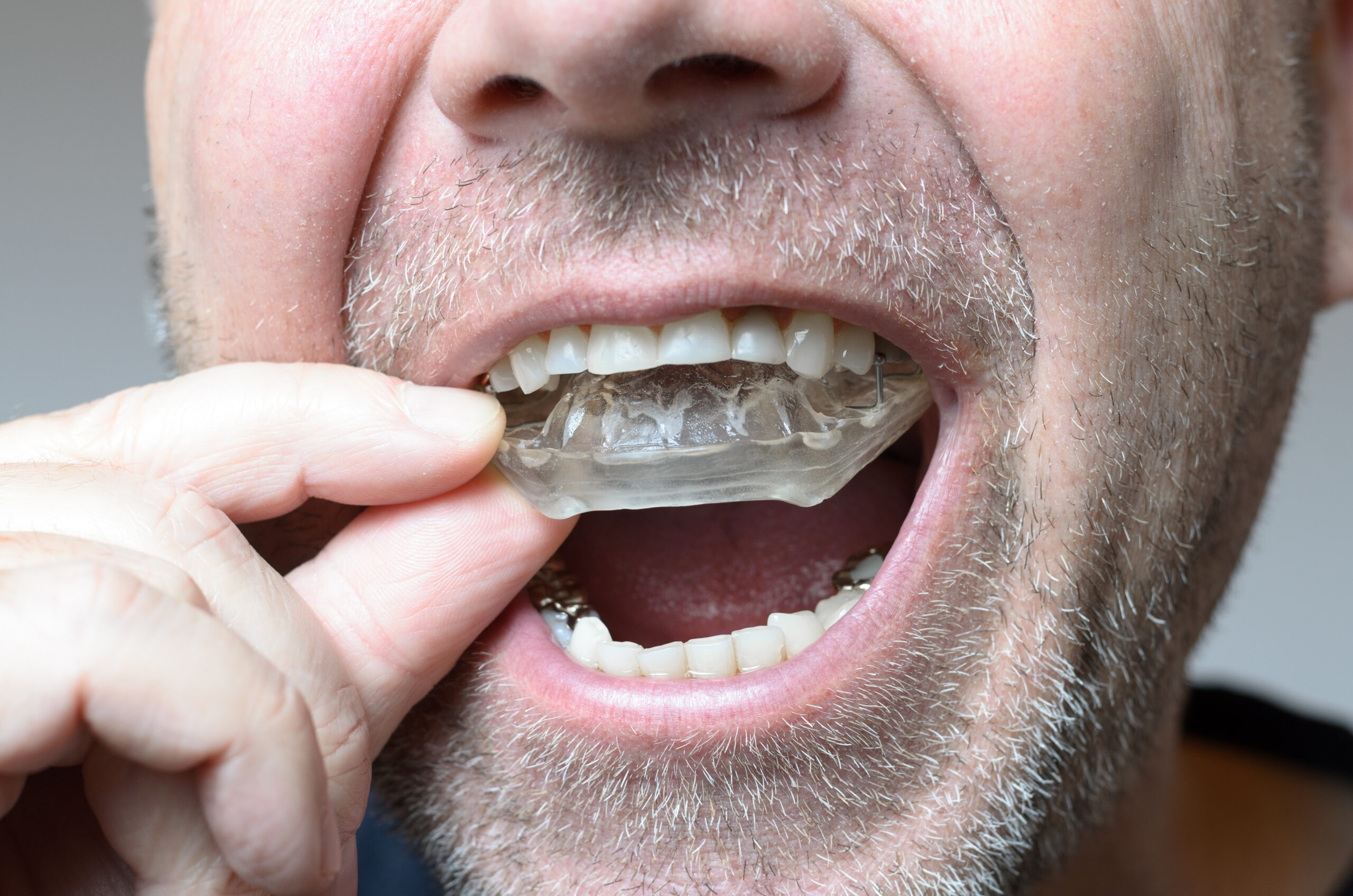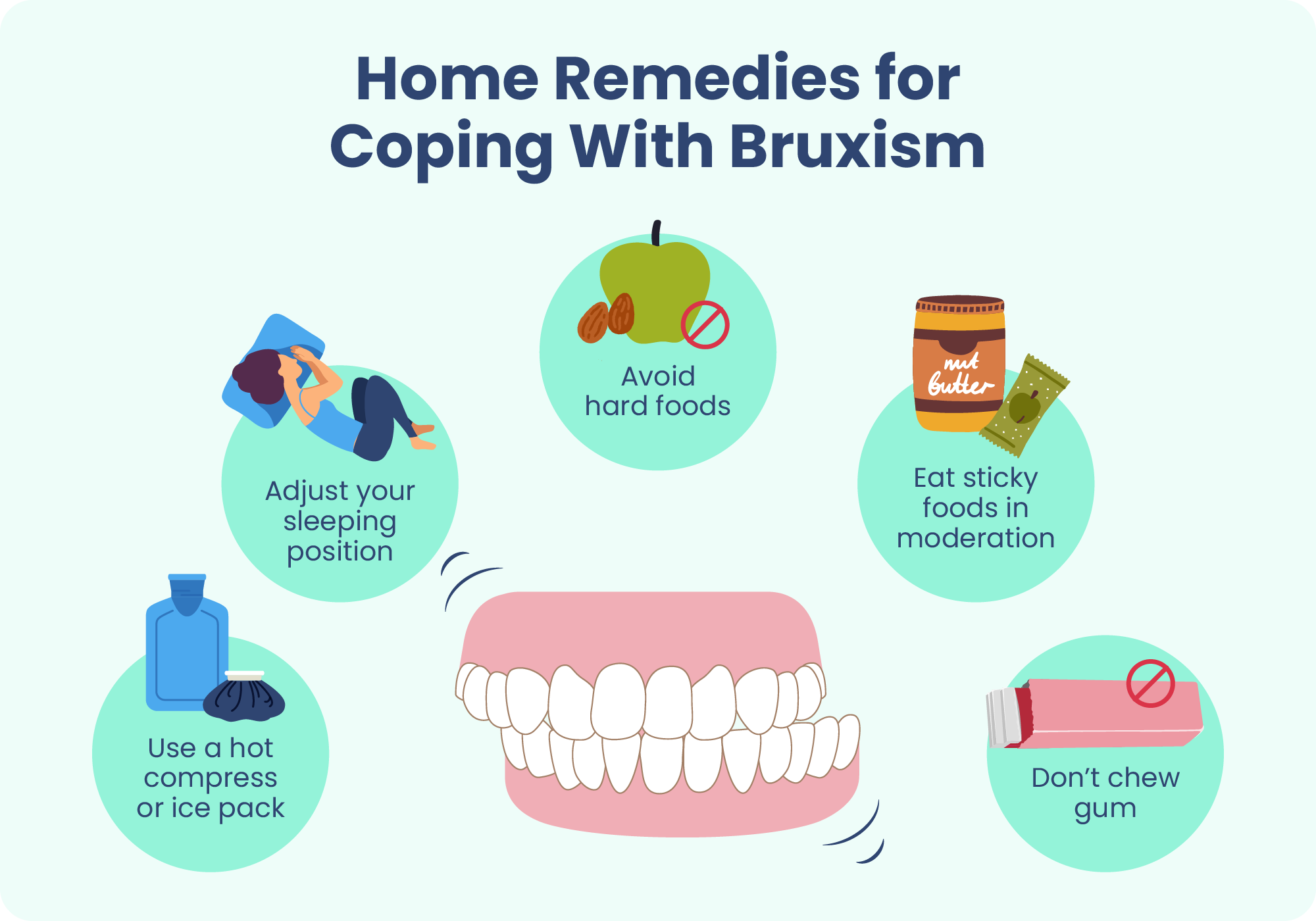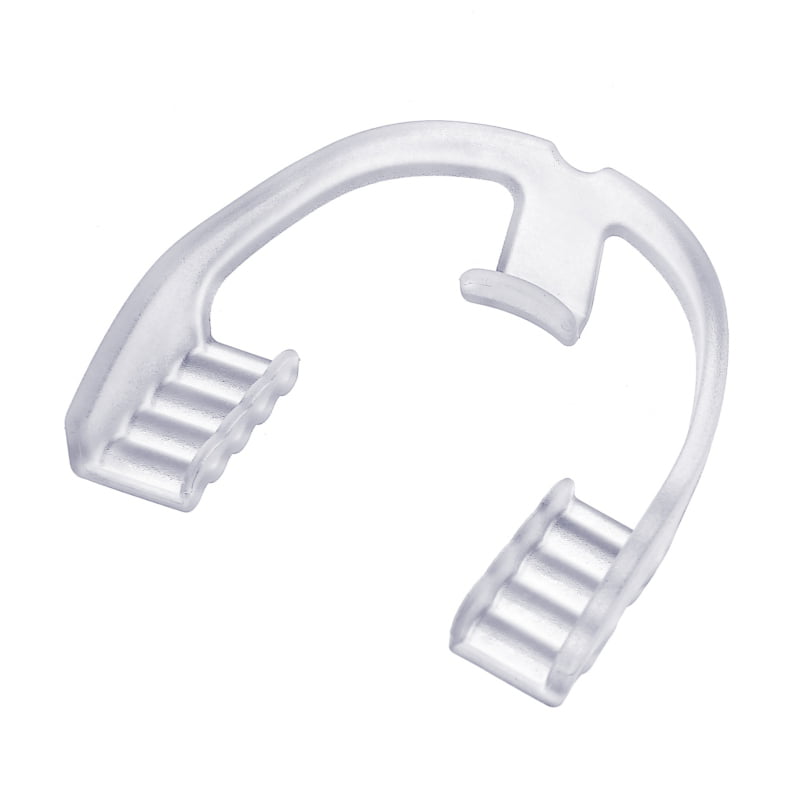Glory Tips About How To Stop Teeth Grinding While Sleeping
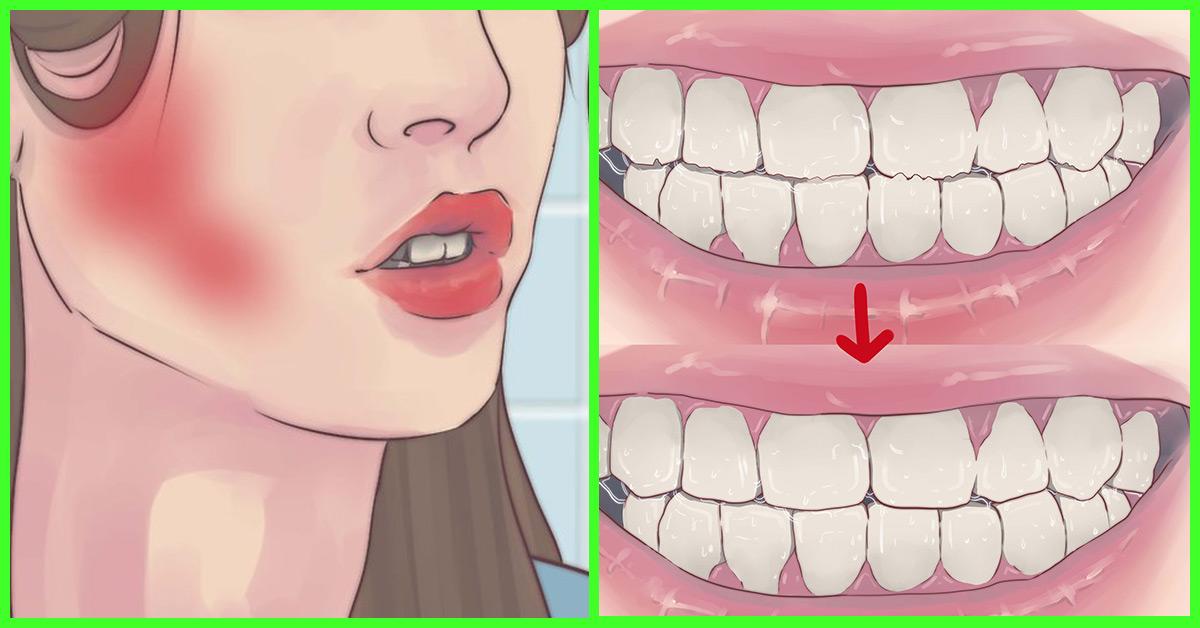
Most people probably grind and clench their teeth from time to.
How to stop teeth grinding while sleeping. Or, at night while you sleep (sleep bruxism). Bruxism is clenching, grinding, or gnashing your teeth, either while you're awake or asleep. Over time, it can lead to broken teeth or jaw pain.
Your dentist may ask you questions about your sleep. Some mouthguards also place the jaw in a slightly open position,. How to reduce teeth grinding there are a number of things you can try that may help if you grind your teeth.
If you're dealing with depression, anxiety, stress, or a misaligned jaw, you should talk to a. When it comes to the things you shouldn’t be doing right before going to bed (so within the hour before going to sleep), there are a few obvious ones: There are two distinct types of bruxism:
It happens most often in children. The first thing you need to figure out is what may be causing your bruxism. It can absorb some of the pressure of teeth grinding to reduce damage to your teeth and jaw.it can be used to treat both awake and.
Bruxism is when you clench, grind or gnash your teeth. One of the most common. You may have heard your child doing it at night.
Mouthguards, sometimes called night guards or dental splints, are worn during sleep to combat teeth grinding. These are designed to keep teeth separated to avoid the damage caused by clenching and grinding. You may clench and grind your teeth during the day.
Waking bruxism is believed to be more common and usually consists primarily of teeth. If you have bruxism, you may unconsciously clench your teeth. Smoking drinking alcohol excessively drinking a lot of caffeinated drinks, such as tea, coffee or colas recreational drugs, such as ecstasy and cocaine why is teeth.
About 20% to 30% of children grind their teeth, usually while asleep. Bruxism is a problem in which you unconsciously grind or clench your teeth. It usually occurs subconsciously, and it can happen when you’re awake or asleep.
Sleep bruxism and waking bruxism. Stress reduction and other lifestyle modifications, including the avoidance of alcohol and caffeine, may also be helpful. They can be constructed of hard.
Before heading to bed, consider taking some time to wind down from. 70% of bruxism sufferers clench and grind their teeth due to stress or anxiety. These mouthpieces hold the jaw in a certain position and/or provide a barrier to minimize tooth damage from grinding.



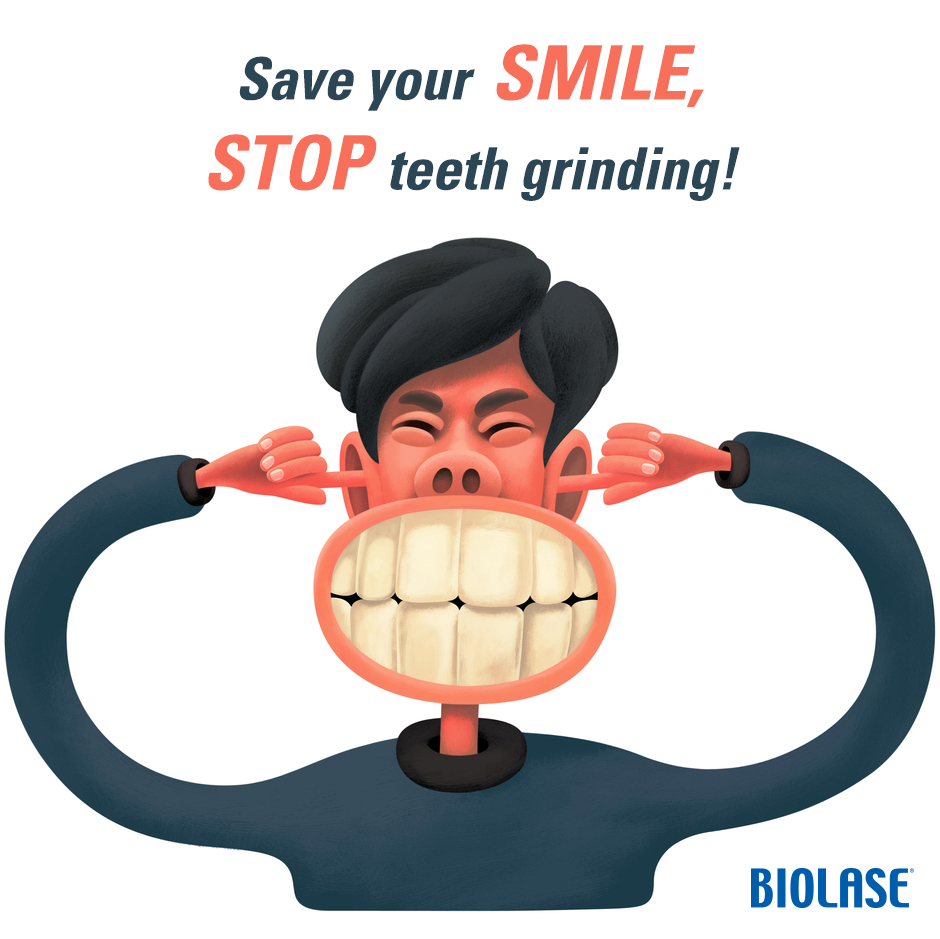
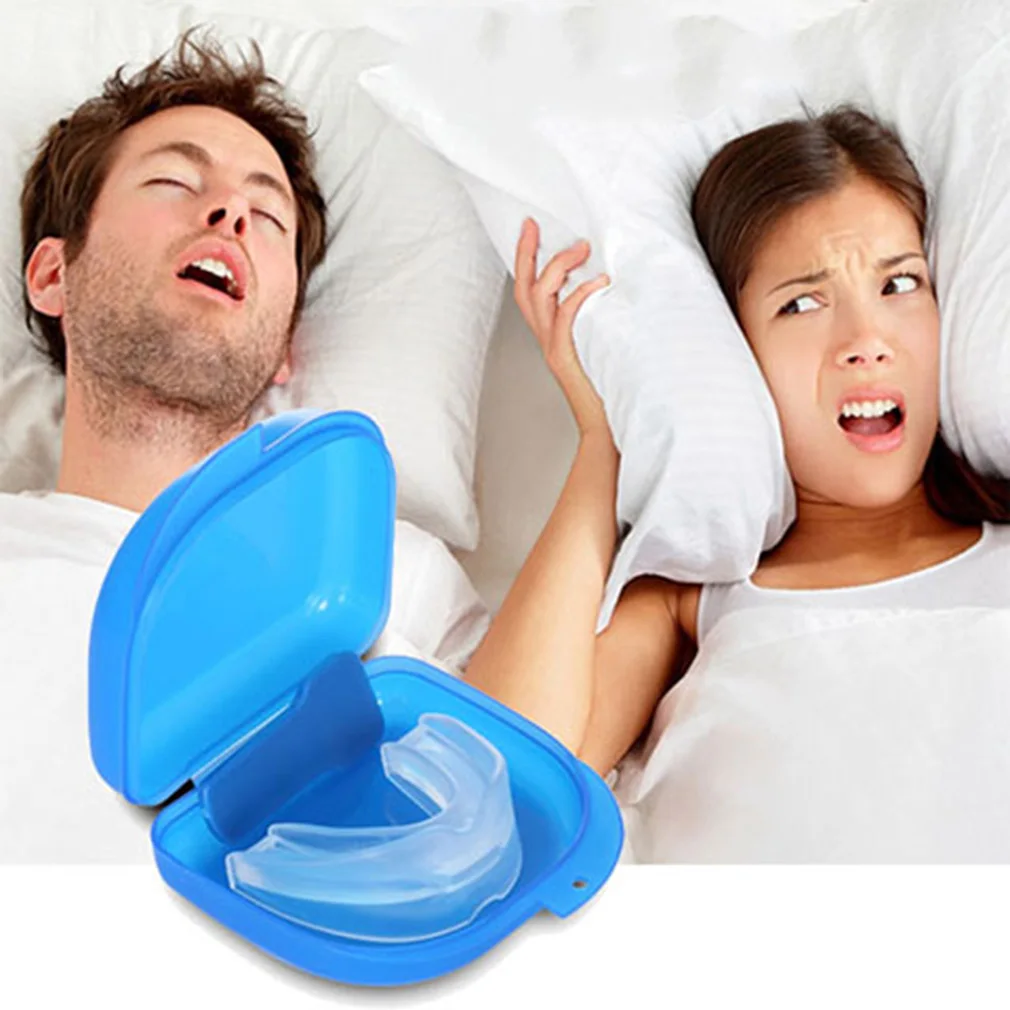
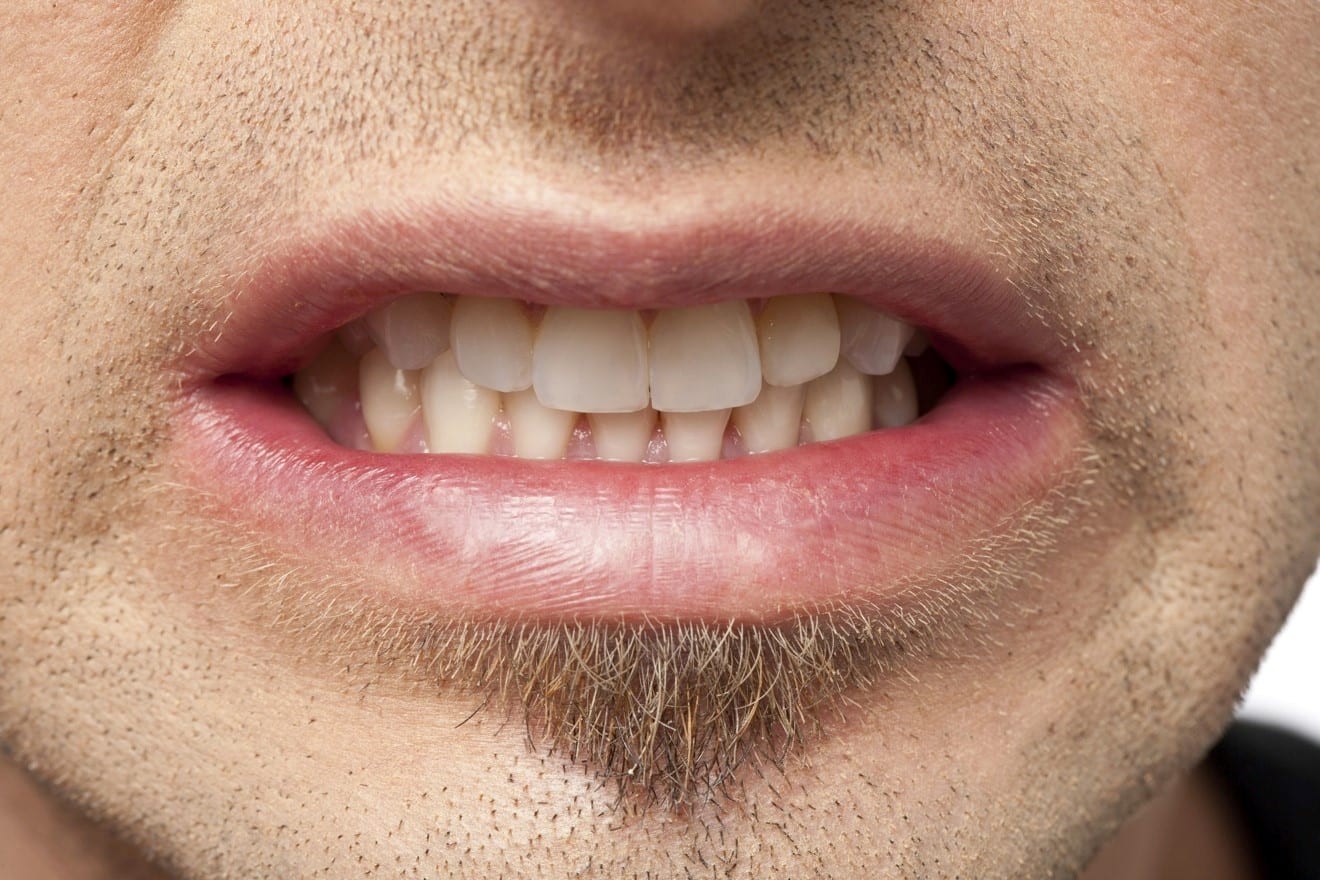
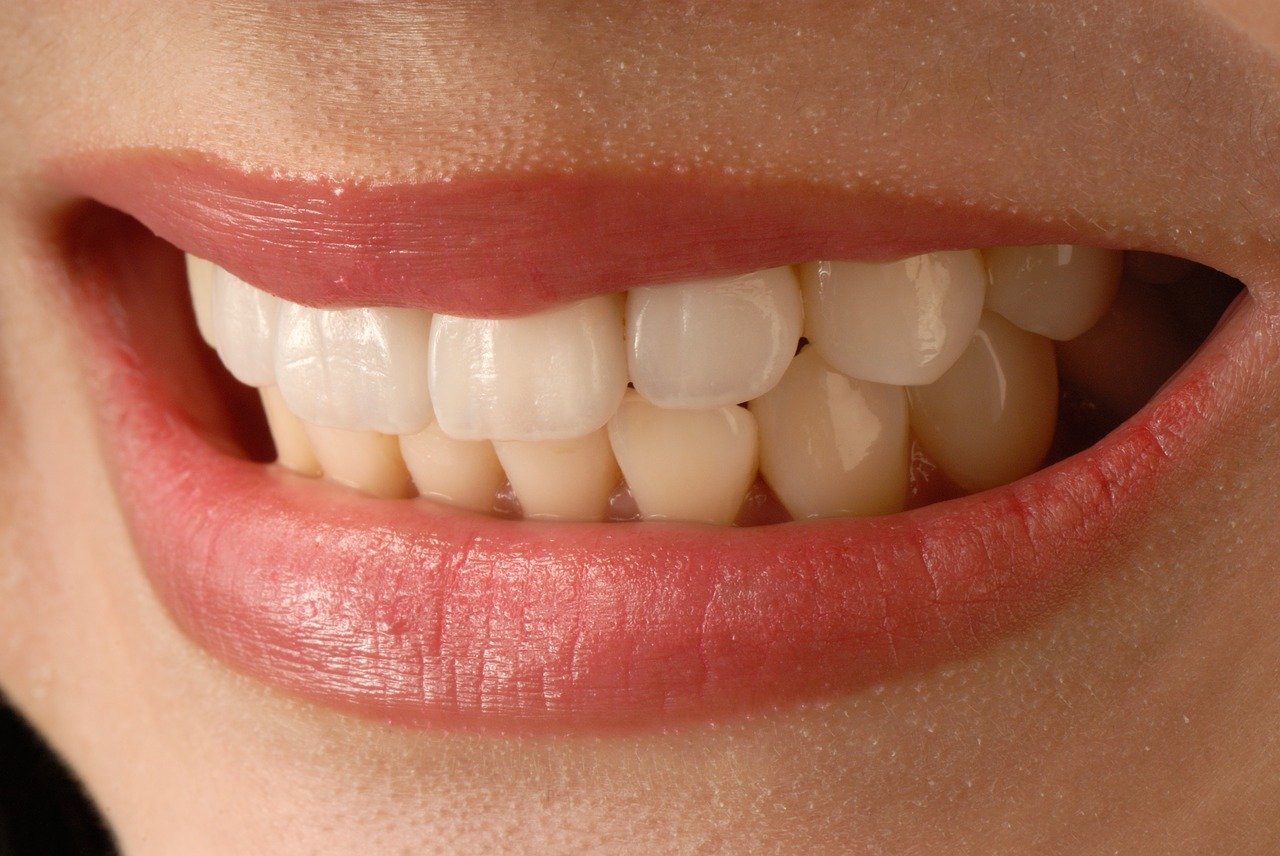


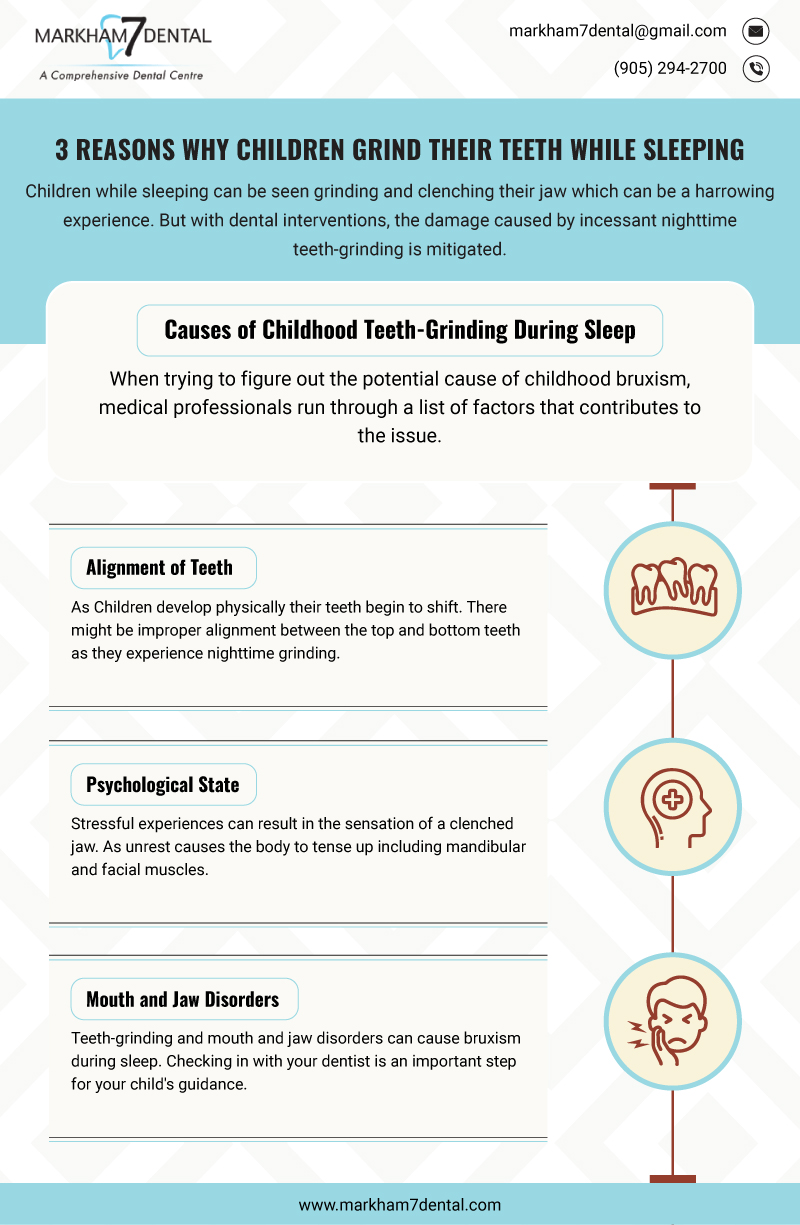
:max_bytes(150000):strip_icc()/toddlers-grinding-teeth-4179055-5c5dbb3746e0fb0001442154.png)
